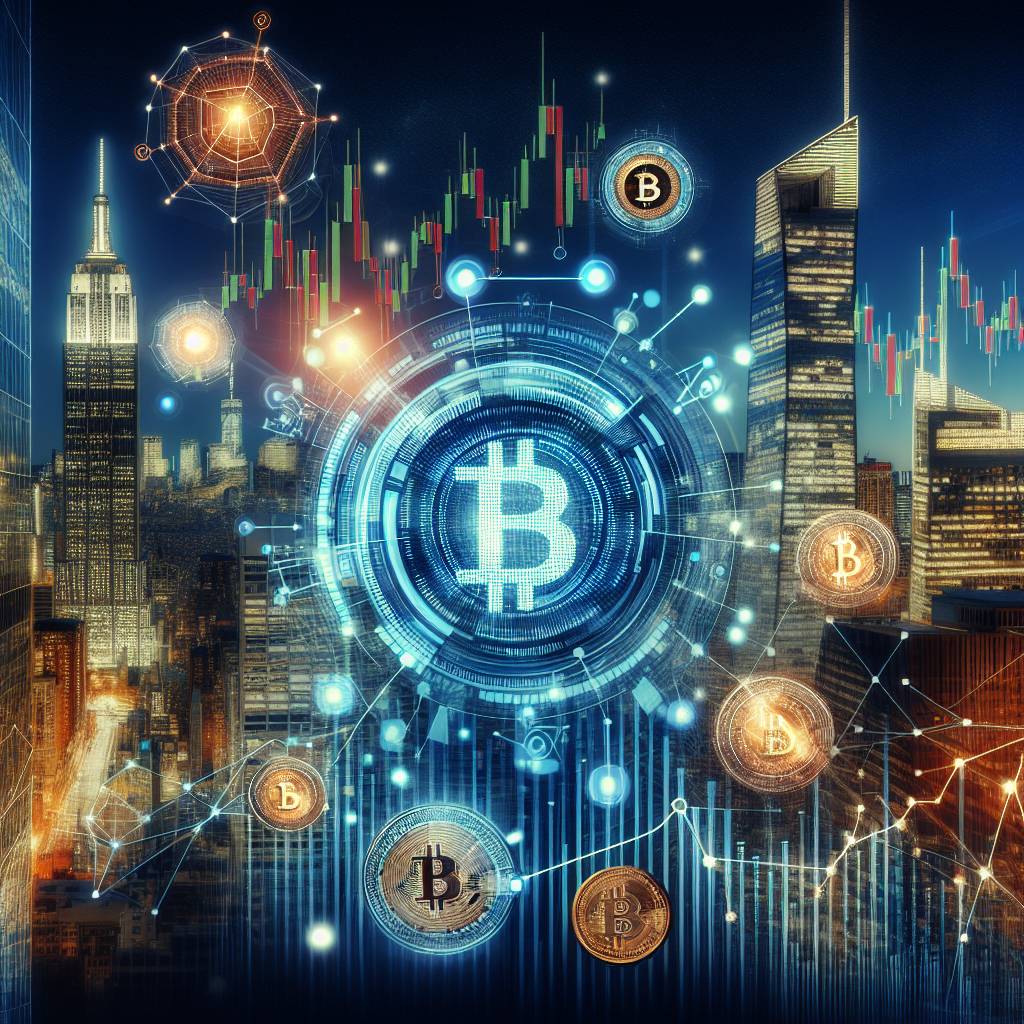What are the advantages and disadvantages of using decentralized exchanges for swapping digital assets?
Can you provide a detailed explanation of the advantages and disadvantages of using decentralized exchanges for swapping digital assets? What are the key factors to consider when deciding whether to use a decentralized exchange or a centralized exchange? How does the decentralized nature of these exchanges affect security, liquidity, and user experience?

3 answers
- Decentralized exchanges offer several advantages for swapping digital assets. Firstly, they provide users with full control over their funds, as there is no need to deposit assets into a centralized exchange. This eliminates the risk of hacks or thefts associated with centralized exchanges. Additionally, decentralized exchanges often have lower fees compared to their centralized counterparts. They achieve this by cutting out intermediaries and allowing users to trade directly with each other. Lastly, decentralized exchanges are more resistant to censorship and government regulations, as they operate on a peer-to-peer network. However, there are also some disadvantages to using decentralized exchanges. One major drawback is the lack of liquidity. Since decentralized exchanges rely on peer-to-peer trading, the number of available buyers and sellers may be limited, resulting in lower trading volumes and higher spreads. Moreover, decentralized exchanges can be slower and less user-friendly compared to centralized exchanges. The decentralized nature of these platforms requires users to interact with smart contracts and manage their own private keys, which can be challenging for beginners. Lastly, decentralized exchanges may not support all types of digital assets, limiting the range of available trading options. When deciding whether to use a decentralized exchange or a centralized exchange, it's important to consider your priorities. If you value security, control over your funds, and privacy, decentralized exchanges may be the better choice. However, if you prioritize liquidity, ease of use, and a wide range of trading options, centralized exchanges may be more suitable. It's also worth noting that some users choose to use both types of exchanges, depending on their specific needs and preferences.
 Jan 14, 2022 · 3 years ago
Jan 14, 2022 · 3 years ago - Decentralized exchanges have gained popularity in the cryptocurrency space due to their unique advantages. One of the key benefits is the elimination of a central authority, which reduces the risk of hacks and thefts. By using smart contracts and blockchain technology, decentralized exchanges provide a trustless environment where users can trade directly with each other. This peer-to-peer trading model also eliminates the need for intermediaries, resulting in lower fees and faster transactions. However, there are some drawbacks to using decentralized exchanges. The lack of liquidity is a common concern, as these platforms rely on the availability of buyers and sellers. This can lead to higher spreads and limited trading options. Additionally, the decentralized nature of these exchanges can make them more susceptible to price manipulation and front-running. Since transactions are recorded on a public blockchain, it's possible for malicious actors to analyze trading patterns and exploit market inefficiencies. In terms of security, decentralized exchanges offer a higher level of control over funds. Users retain ownership of their private keys and are not required to trust a third party with their assets. However, this also means that users are solely responsible for the security of their funds. Any mistakes or negligence in managing private keys can result in permanent loss of assets. Overall, decentralized exchanges provide a unique set of advantages and disadvantages. They offer increased security, lower fees, and a trustless environment for trading digital assets. However, the lack of liquidity and potential for price manipulation are important factors to consider. It's important for users to carefully evaluate their priorities and risk tolerance when choosing between decentralized and centralized exchanges.
 Jan 14, 2022 · 3 years ago
Jan 14, 2022 · 3 years ago - Decentralized exchanges, such as BYDFi, have gained popularity in the cryptocurrency community due to their unique features and advantages. One of the main advantages of using decentralized exchanges for swapping digital assets is the enhanced security and control over funds. Unlike centralized exchanges, where users need to deposit their assets and trust a third party with their funds, decentralized exchanges allow users to retain ownership of their private keys and trade directly from their wallets. This eliminates the risk of hacks and thefts associated with centralized exchanges. Another advantage of decentralized exchanges is the lower fees. Since these platforms operate on a peer-to-peer network, there are no intermediaries involved in the trading process. This reduces the costs associated with transactions and results in lower fees for users. Additionally, decentralized exchanges are often more resistant to censorship and government regulations, as they are not controlled by a single entity. However, there are also some disadvantages to using decentralized exchanges. One major drawback is the lack of liquidity compared to centralized exchanges. Since decentralized exchanges rely on peer-to-peer trading, the number of available buyers and sellers may be limited, resulting in lower trading volumes and higher spreads. Moreover, the decentralized nature of these platforms can make them more complex and less user-friendly for beginners. Interacting with smart contracts and managing private keys requires a certain level of technical knowledge and can be intimidating for new users. In conclusion, decentralized exchanges offer enhanced security, lower fees, and resistance to censorship. However, the lack of liquidity and complexity may be a barrier for some users. It's important to carefully consider your priorities and risk tolerance when deciding whether to use a decentralized exchange or a centralized exchange.
 Jan 14, 2022 · 3 years ago
Jan 14, 2022 · 3 years ago
Related Tags
Hot Questions
- 84
How can I minimize my tax liability when dealing with cryptocurrencies?
- 81
What is the future of blockchain technology?
- 78
What are the best digital currencies to invest in right now?
- 62
How does cryptocurrency affect my tax return?
- 62
Are there any special tax rules for crypto investors?
- 39
How can I protect my digital assets from hackers?
- 25
How can I buy Bitcoin with a credit card?
- 18
What are the tax implications of using cryptocurrency?
